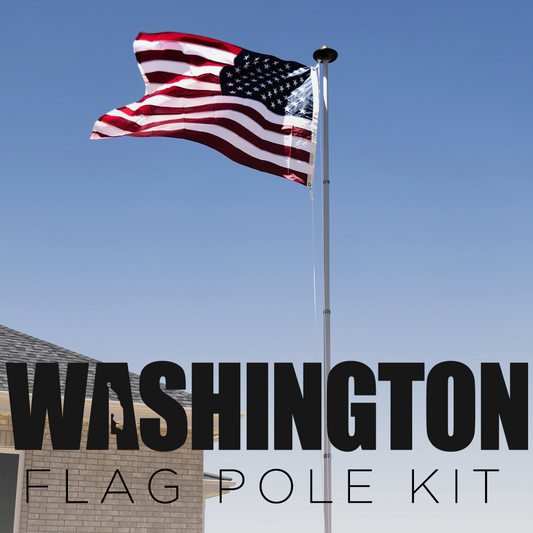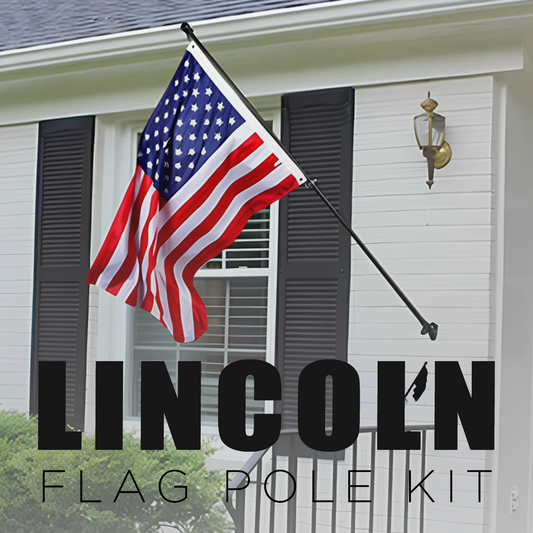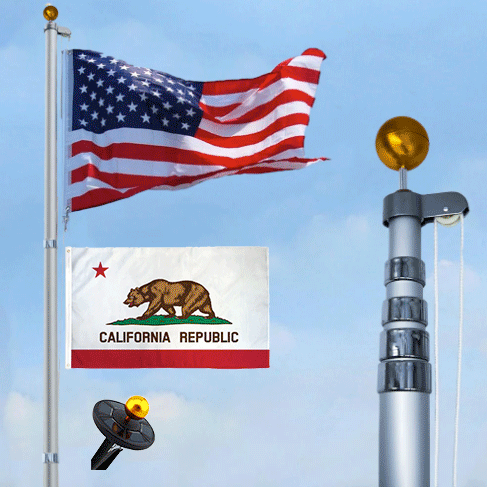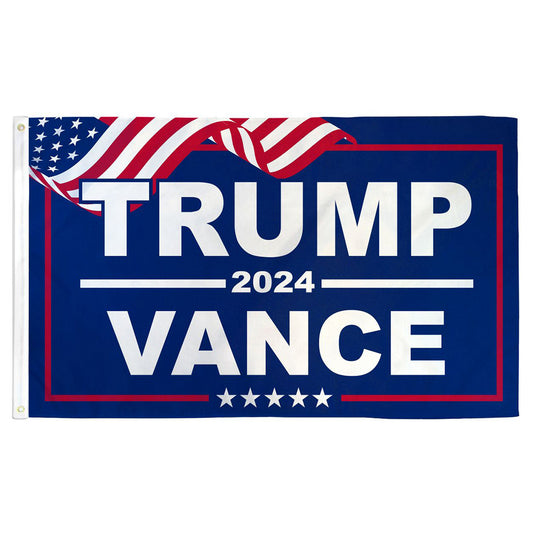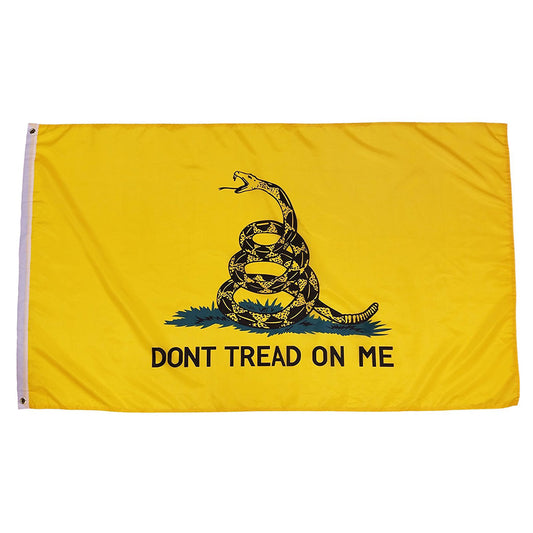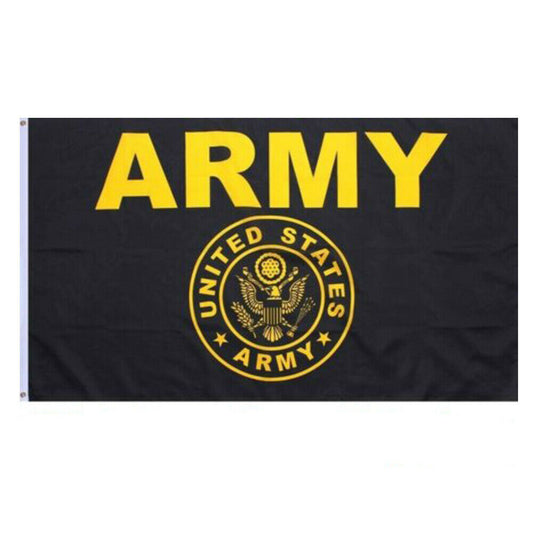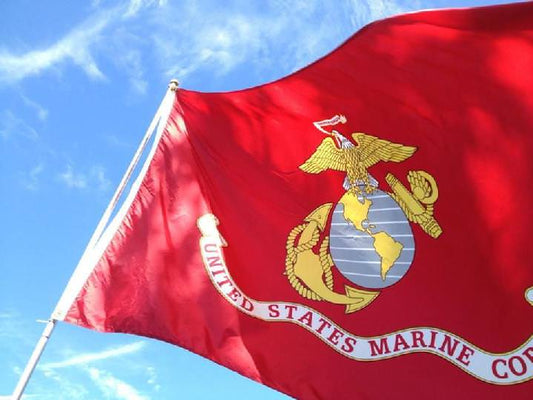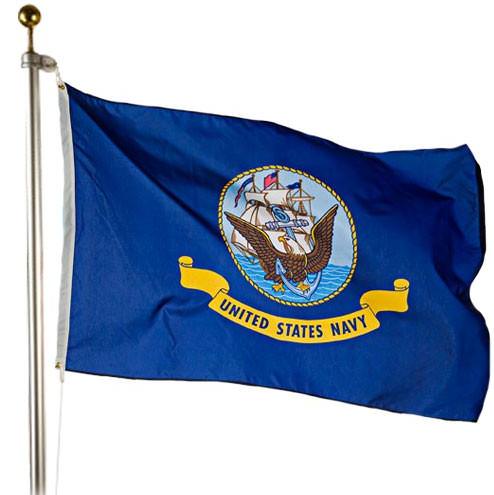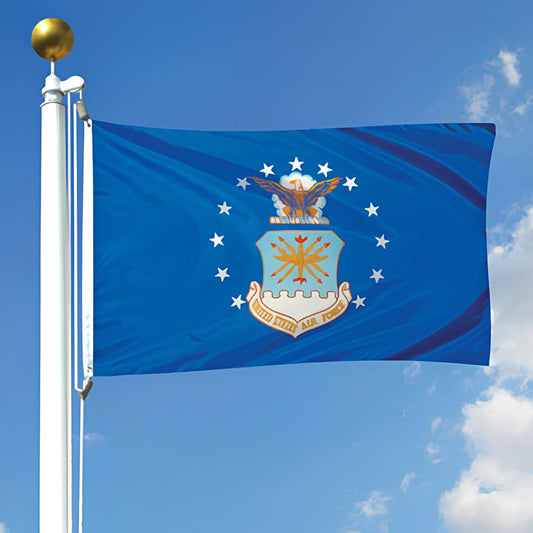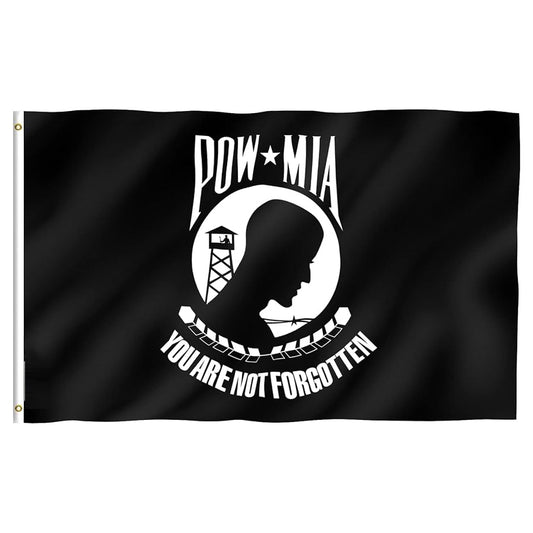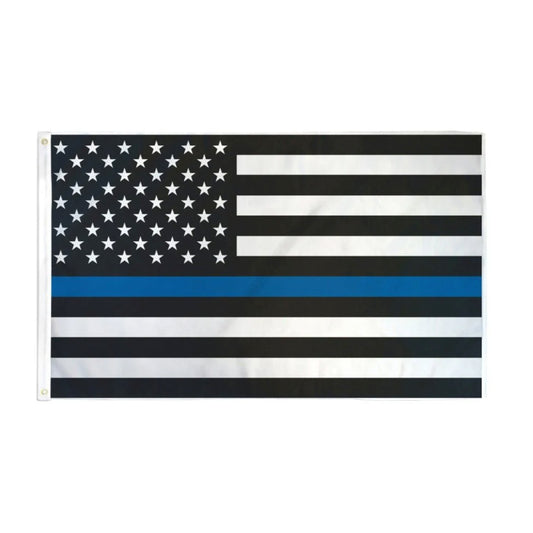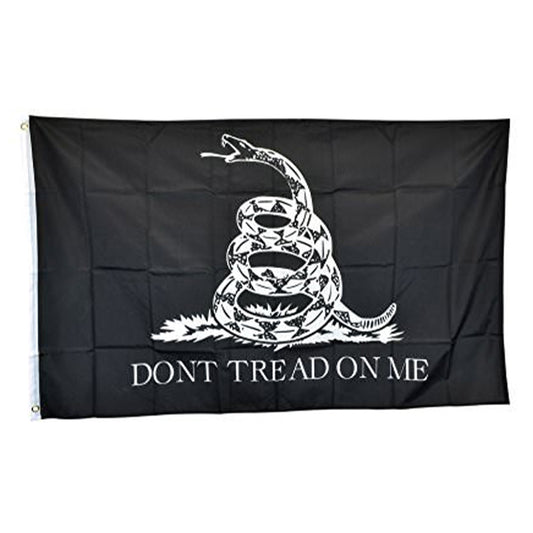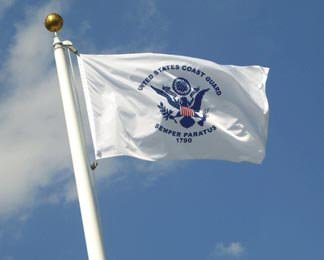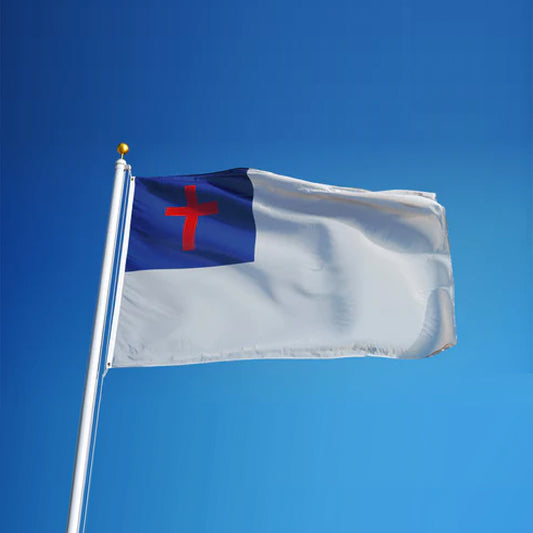
The History and Importance of Veterans Day
The History and Importance of Veterans Day
Did you know that Veterans Day wasn’t always called that? The story behind this holiday is more than just a date on the calendar; it’s a powerful reminder of gratitude and courage. Each year, on November 11, Americans come together to honor those who have served in the U.S. Armed Forces. But how did this day come to be, and what makes it so special?
Origins of Veterans Day
Veterans Day has its roots in the end of World War I. Originally known as Armistice Day, it marked the armistice between Allied nations and Germany on November 11, 1918. The day represented not only the end of a brutal conflict but also a beacon of hope for a peaceful future.
In 1919, President Woodrow Wilson commemorated the first Armistice Day, celebrating the brave soldiers who had served. His message focused on gratitude, reflection, and respect for their sacrifices. This day of remembrance eventually grew into an annual tradition, firmly establishing November 11 as a day of honor for all who served.
The Transition from Armistice Day to Veterans Day
Following World War II and the Korean War, many felt that Armistice Day should honor more than just WWI veterans. In 1954, Congress officially renamed it Veterans Day, extending the day’s significance to recognize all American veterans, no matter when or where they served.
President Dwight D. Eisenhower, a veteran himself, signed this change into law, ensuring that Veterans Day would honor every person who had answered the call to defend American values across various conflicts and eras. This shift highlighted the importance of recognizing all veterans and their contributions. To display that same respect at home, consider installing the Washington Telescoping Flag Pole Kit — a durable option designed to honor American service with strength and dignity.
"Veterans Day is a day to honor the courage and dedication of all who have served, in both wartime and peace."

The Meaning Behind November 11
November 11 holds symbolic value, chosen to reflect the historic armistice day. Keeping this date highlights the dual meaning of the holiday: honoring those who served in peacetime and those who fought in war. The significance was so strong that when Congress briefly shifted the date in the 1970s, public sentiment quickly restored it to November 11.
Unlike Memorial Day, which honors those who died in service, Veterans Day is a time to thank all veterans, living or deceased. It serves as a reminder that each veteran played a role in shaping the freedoms Americans cherish today.
Honoring Veterans Day Across America
Veterans Day is marked across the United States with ceremonies, parades, and wreath-laying events. A key tradition is the annual wreath-laying at the Tomb of the Unknown Soldier in Arlington National Cemetery, a solemn act honoring service members who have given their lives.
Communities nationwide host events where veterans share their stories, and schools, businesses, and civic organizations promote education about military service. These efforts ensure that younger generations understand the sacrifices made by veterans.
Flying the American flag alongside military flags is a powerful way to honor those who have served. The American flag symbolizes unity and freedom, while military flags represent the valor and dedication of each service branch. Together, they create a meaningful tribute, demonstrating respect and gratitude for veterans' sacrifices. Complete your display with the Solar Light Stand, ensuring your flag shines proudly through the night—a fitting symbol of eternal gratitude to those who served.
The Symbolism of the Red Poppy
The red poppy has become an enduring symbol of remembrance and respect, worn on Veterans Day to honor veterans and fallen soldiers alike. Inspired by the poem “In Flanders Fields”, the red poppy reflects the resilience and remembrance tied to military service, especially those who lost their lives.
Veterans Day’s Importance in Contemporary America
Today, Veterans Day is a reminder to express gratitude and recognize the courage of all service members. Each veteran embodies a commitment to the nation, and for many, this day is a reminder of that bond shared by veterans and civilians alike. It is also a time to support veterans actively, showing appreciation not only with words but through actions. For guidance on how to set up a respectful and patriotic flag display during Veterans Day or similar events, see Proper Flagpole Setup for Patriotic Events and Holidays for practical and meaningful tips.
"Veterans Day calls Americans to honor and support those who have served, making it a day of gratitude and respect."

Common Questions About Veterans Day
Why do we celebrate Veterans Day on November 11?
The date, November 11, commemorates the armistice that ended World War I in 1918. It serves as a historical reminder and a celebration of all veterans.
What is the difference between Veterans Day and Memorial Day?
While both holidays honor military service, Veterans Day celebrates all veterans, both living and deceased, while Memorial Day honors those who lost their lives in service.
How can I honor veterans on Veterans Day?
Simple acts like attending a parade, wearing a red poppy, thanking a veteran, or volunteering for veteran support organizations are great ways to honor veterans.
Why is the red poppy important on Veterans Day?
The red poppy symbolizes remembrance and respect for veterans. It was inspired by the poem “In Flanders Fields” and honors those who served, particularly those who gave their lives.
Can I display both the U.S. flag and a poppy on Veterans Day?
Yes! Many people display both to show patriotism and respect. The U.S. flag can be flown, while the poppy is worn as a personal symbol of remembrance.
Thank you for reading and taking the time to honor our veterans. If this article has resonated with you, please consider sharing it with someone who may also appreciate learning about Veterans Day and the powerful message it brings.
Featured Products



